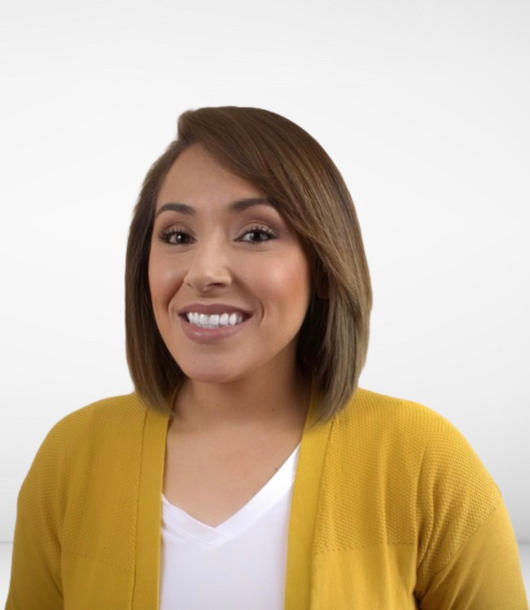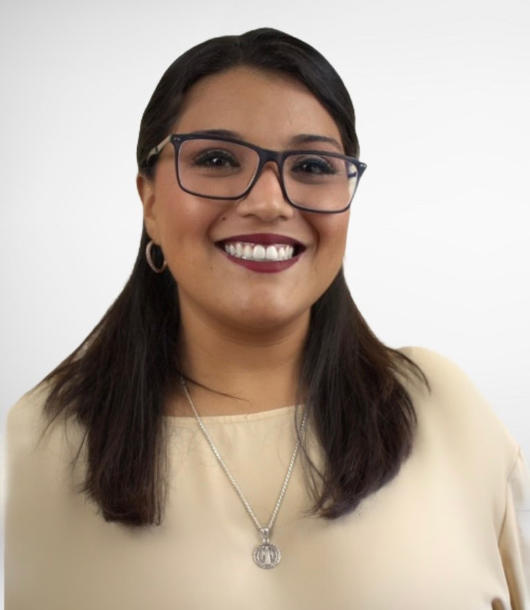 When you’ve been injured in an accident that wasn’t your fault, you will probably try to reach a settlement with the at-fault party’s insurance company first. If that doesn’t work, you’ll likely need to seek compensation for your injuries and losses by filing a lawsuit. When you do, you’ll hear your attorney mention “discovery.” If you’ve never been through the discovery phase of a personal injury case before, it’s likely you’re not sure what they’re talking about.
When you’ve been injured in an accident that wasn’t your fault, you will probably try to reach a settlement with the at-fault party’s insurance company first. If that doesn’t work, you’ll likely need to seek compensation for your injuries and losses by filing a lawsuit. When you do, you’ll hear your attorney mention “discovery.” If you’ve never been through the discovery phase of a personal injury case before, it’s likely you’re not sure what they’re talking about.
Discovery 101: What It Means
The discovery phase does not begin until after the lawsuit is filed. You (or your attorney) will file a complaint to start the lawsuit, and the opposing side will file their answer. Once that happens, the discovery process begins. Discovery seems complicated and random, but it is actually a formal process. Your attorney and the opposing counsel will send a series of requests back and forth according to specific rules.
Request for admissions.
Everything that is said in court needs to be proven. That surprises people sometimes, but even your name and why you’re there must be proven by some means. A request for admissions helps shorten this process by getting both sides to admit certain facts that aren’t in dispute. If there is no doubt you were driving your car, even if you don’t agree that you hit the other person, you can admit that you were driving. There are, however, some things you should never say after an accident.
Request for production of documents and pertinent objects.
Both sides are allowed to review each other’s documents. In a personal injury case, the insurance company will want to see your medical records and proof of lost wages. If the other person claims you damaged their car, you will want to understand what’s in the accident report and inspect their vehicle to see if it was really totaled.
Interrogatories.
Unlike the request for admissions, interrogatories are questions that are answered with a narrative response. They can be about nearly anything relevant to the case. In a personal injury case, they could ask about your driving habits, any distractions in the car, or the last time the car was in the shop.
Depositions.
If the answers in the requests and interrogatories are not sufficient, one or both attorneys may want depositions. In a deposition, you sit with a court reporter and answer questions under oath as if you were in court. Your attorney is present and can object to questions. Other reasons for depositions are to obtain expert testimony and witness testimony. Depositions are useful for gathering evidence and for getting the testimony of people who can’t be available for trial.
Other kinds of discovery can include medical or psychological evaluations, inspections of buildings or accident scenes, requests for accident reports, forensic accounting, and accident reconstruction.
Discovery can be complicated for the layperson because it is deceptively simple on paper. An experienced Texas personal injury attorney can help make the process, which can go on for years, much simpler.
Remember that the insurance company is looking for ways to show that you were at fault for the accident and reduce their payout. Be careful when answering questions from insurance adjustors and twice as careful when posting on social media.
Contact a Texas personal injury attorney from Gibson Hill Personal Injury for a free consultation about the case. It will make the process much easier.
Having an Attorney Helps You with the Discovery Phase
 Because discovery is part of the legal process, having an attorney on your side is a good idea. Discovery has the same deadlines and restrictions as anything else in the process, and failing to meet those deadlines can result in your case being dismissed or even an award being given to the other side.
Because discovery is part of the legal process, having an attorney on your side is a good idea. Discovery has the same deadlines and restrictions as anything else in the process, and failing to meet those deadlines can result in your case being dismissed or even an award being given to the other side.
For instance, once a discovery request is sent, you usually have 45 days to respond. Miss that deadline, and you won’t be held contemptuously, but the defendant (the insurance company) will not remind you. As the plaintiff, you have the duty to move the case forward. They will not tell you if you do not send them any discovery requests. Once enough time has passed, the defense will ask the court to dismiss the case for “failure to prosecute.”
You should also have assistance when answering discovery. There are questions that opposing counsel is not supposed to ask you and answers you are not obligated to provide. For instance, they can only ask for documents immediately relevant to the case. If the accident involved your 2019 Toyota, they have no business asking for maintenance records for your classic 1969 Mustang. You should have an attorney who knows how to object to ” overbroad ” questions and is “unlikely to provide information reasonably related to the case.”
Get the Legal Help You Need Today
If you have been involved in an accident caused by another person’s carelessness or negligence, you should seek legal assistance immediately. Call the Texas personal injury lawyers of Gibson Hill Personal Injury at 713-659-4000 for a free, confidential consultation.
Our team of lawyers is experienced and dedicated. We’ll review your case and help you get the compensation you’re entitled to.
Don’t wade through Discovery 101 all alone. Contact the attorneys at Gibson Hill Personal Injury for advice on how to give the right answers and make the right calls today.




